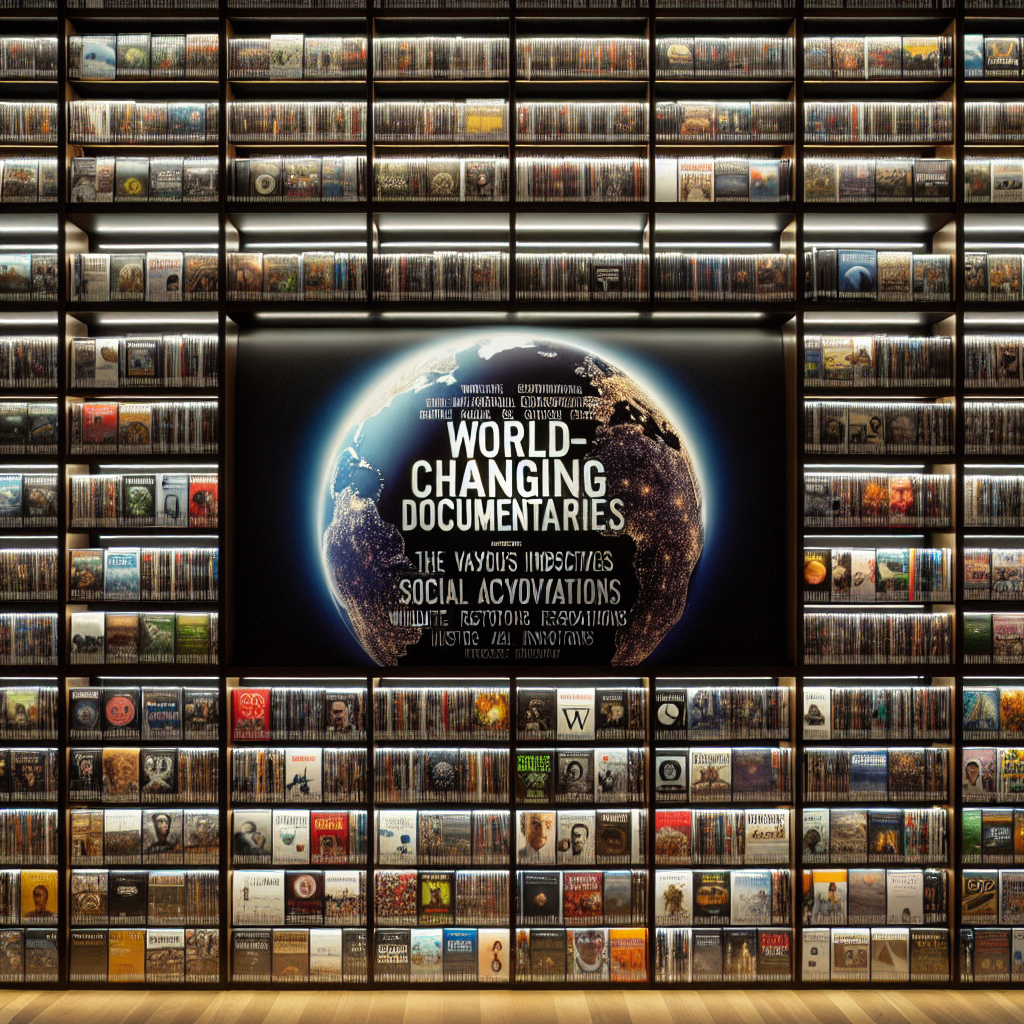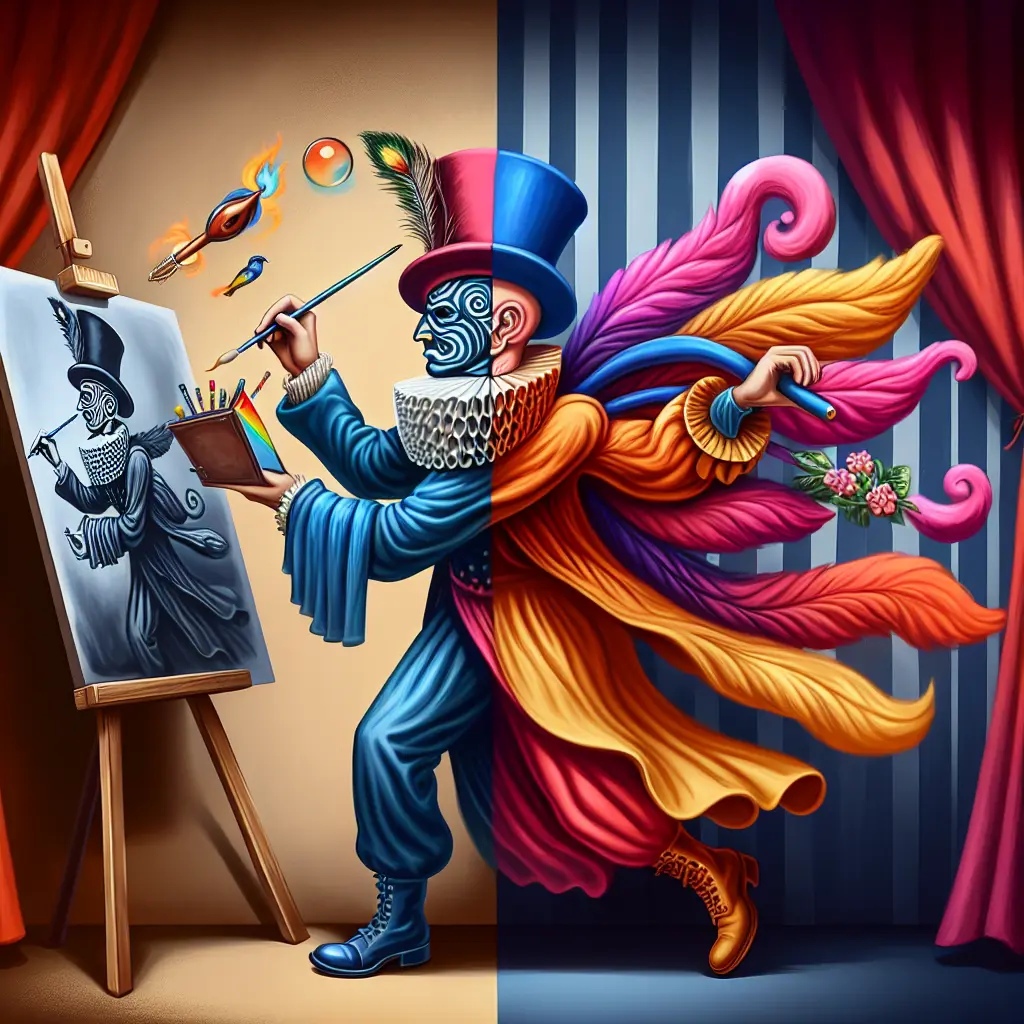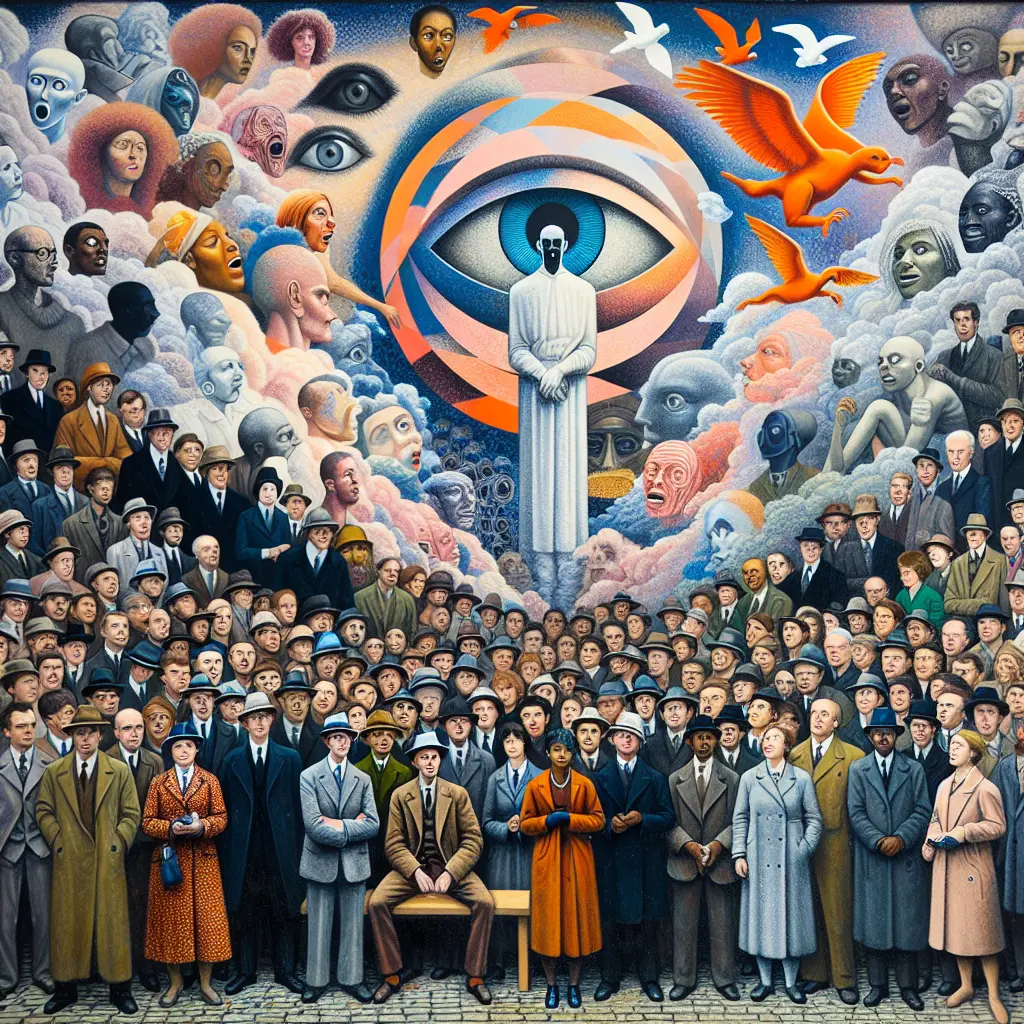Few genres hold the power to awaken our conscience and reshape our world like documentaries that reveal hidden truths.
When we discuss documentaries that have changed the world, certain films stand out—none more so than The Cove, which unveiled the brutal reality of dolphin hunts in Taiji, Japan. This groundbreaking film ignited global activism and drove urgent conversations about animal welfare. Yet, behind every powerful documentary, there are true stories that can be even more harrowing than those depicted on screen. A recent exposé (UK’s secret dolphin pool horrors) has brought one such real-life account to light, reinforcing the themes of hidden suffering and the pressing need for reform.
A Whistleblower’s Journey: From Trainer to Truth-Teller
David Holroyd, formerly a celebrated dolphin trainer in the UK, has stepped forward as a whistleblower, revealing disturbing realities behind the magical façade of dolphin shows and marine parks. His story provides an unfiltered look at the cruelty and suffering that occurs behind closed doors—echoing the central messages found in influential documentaries and compelling society to reconsider our relationship with captive marine animals.
Captivity and Trauma: Many dolphins featured in theme parks across Europe, Japan, and the USA are violently captured from the wild during events such as the infamous Taiji hunts highlighted by The Cove. Torn from their families and subjected to grueling journeys in cramped containers, these highly intelligent beings arrive terrified and traumatized, a world away from their natural environment.
Horrific Conditions and Lasting Damage: Holroyd recounted experiences at facilities like South Elmsall pool, where dolphins were kept in makeshift tanks, including converted swimming pools. Animals like Bubbles became so depressed they refused food, requiring force-feeding—a practice as cruel as it is desperate. Dolphins suffered not only psychological distress but also physical injuries: blinding during transport, tooth removals for “public safety” that led to infections, and exposure to chlorinated water that bleached skin and poisoned their bodies. Such conditions are a stark contrast to the vibrant health dolphins enjoy in the wild.
The Industry’s Hidden Toll on Dolphins and People
Shortened Lives: In their natural habitats, dolphins can live for up to 70 years. Yet in captivity during Holroyd’s era, most survived only three or four years, with stress, inadequate care, and toxic environments proving lethal. The industry’s practices led to repeated tragedy for both animals and the humans charged with their care.
Cover-Ups and Denial: According to Holroyd, it was once standard policy to destroy records following a dolphin’s death—effectively concealing the true cost of public entertainment. For trainers like Holroyd, witnessing this repeated suffering led to deep trauma and mental breakdowns. The harm of captivity reverberates beyond the animals alone, impacting the lives of those who work closest with them.
The Power of Documentary Storytelling: Documentaries such as The Cove have been instrumental in exposing these injustices. By bringing hidden suffering into the public eye, these films have achieved three critical outcomes: raising awareness about animal cruelty, inspiring collective action for policy change and conservation efforts, and giving voice to both human and animal survivors who might otherwise remain unheard. Holroyd’s testimony amplifies what we learn from such documentaries: every captive dolphin has a story of struggle behind its smile.
What You Can Do: If you are moved by these revelations—and by documentaries that shift our societal consciousness—you can help drive change. Choose wildlife experiences that respect animals’ freedom, such as observing dolphins in the wild via ethical tours instead of supporting marine parks. Share informative articles and documentaries with your community, and consider supporting organizations dedicated to marine animal welfare.
Documentaries as Catalysts for Change
Documentaries have a unique ability to alter perspectives, fuel activism, and encourage lasting transformation. The accounts of individuals like David Holroyd—echoed in films such as The Cove—remind us that personal choices matter profoundly. Every ticket purchased for a dolphin show sustains a cycle of suffering; every act of protest or advocacy moves us closer to ending it.
Let us honor those documentaries—and the courageous individuals behind them—by making informed choices and speaking up for those who cannot speak for themselves.
Together, we can help shape a future where truth leads to transformation—and where compassion replaces exploitation.
May each story that comes to light inspire us not only to reflect, but also to act in defense of all sentient beings.
Thank you for reading, and let’s keep striving for a world where truth leads to transformation.







Leave a Comment